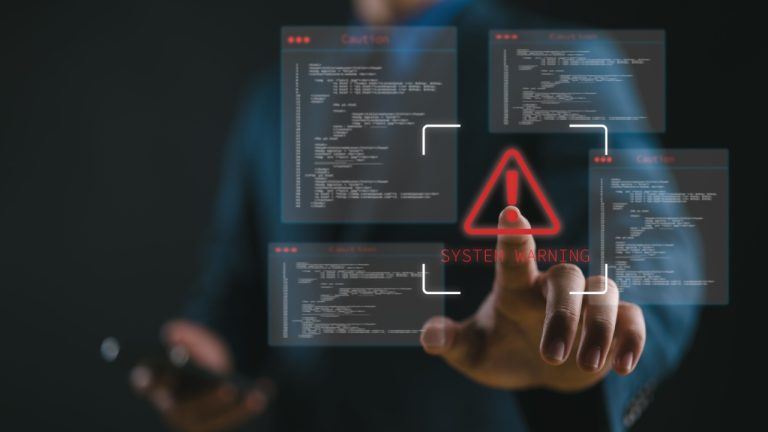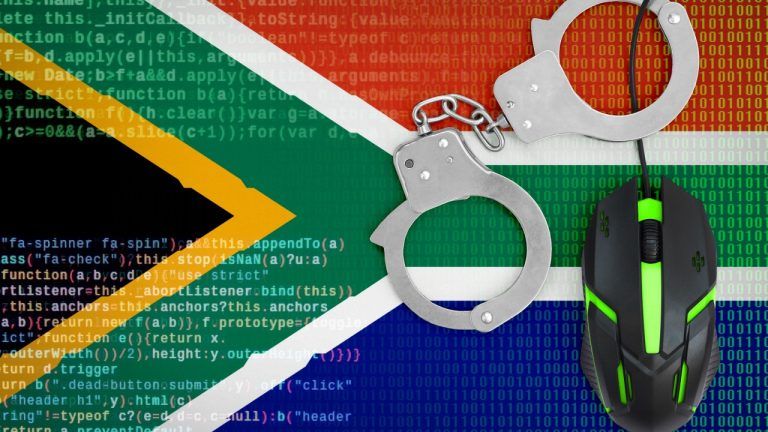A bitcoin ATM operator has been indicted in New York for running an illegal business “marketed towards individuals engaged in criminal activity.” The district attorney in charge described: “Robert Taylor allegedly went to great lengths to keep his bitcoin kiosk business as secret as possible to attract a clientele that would pay top dollar for anonymity.”
Operator of 46 Bitcoin ATMs ChargedManhattan District Attorney Alvin Bragg Jr. announced Wednesday that Robert Taylor has been indicted “for operating an illegal bitcoin ATM business that he marketed towards individuals engaged in criminal activity.” The announcement states:
Taylor operated bitcoin kiosks in at least 46 locations in New York City, mostly in laundromats, as well as locations in New Jersey and Miami.
Between 2017 and 2018, the 35-year-old “converted more than $5.6 million of his customers’ cash into bitcoin while charging a fee of between 10% and 20%,” the district attorney detailed. Taylor is charged “with multiple counts of operating an unlicensed money transmission business, criminal tax fraud in the third degree, and offering a false instrument for filing in the first degree.” Bragg described, “Robert Taylor allegedly went to great lengths to keep his bitcoin kiosk business as secret as possible to attract a clientele that would pay top dollar for anonymity,” elaborating:
As the use of cryptocurrencies like bitcoin proliferate, they continue to attract a wide range of bad actors who are hoping to evade law enforcement.
The announcement further notes:
In total, the search warrants resulted in the recovery of $250,000 in cash from Taylor’s apartment, as well as 20 bitcoin ATMs containing $44,000 in cash.
Forensic analysis showed that more than $5.6 million in cash was deposited into Taylor’s bitcoin ATMs between September 2017 and November 2018. More than $590,000 in fees were collected and approximately $160,000 were deposited into Taylor’s personal bank accounts. However, Taylor only reported an income of approximately $3,000 on his 2017 tax returns and a loss of $140,000 on his 2018 tax returns. In addition, his business did not have a money transmission license or a virtual currency business license (Bitlicense) from the New York State Department of Financial Services (DFS). It is also not licensed by the U.S. Department of the Treasury’s Financial Crimes Enforcement Network (FinCEN). What do you think about this case? Let us know in the comments section below.




















